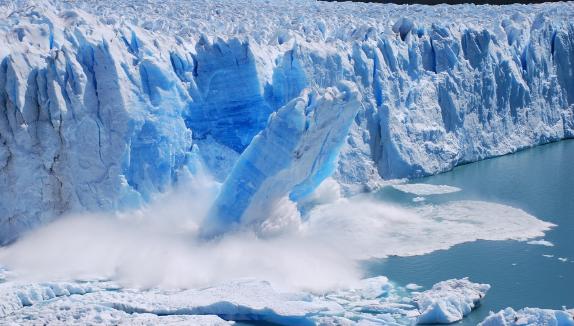 Human-precipitated change to the environment can cause massive damage to the planet and our collective well-being. At the same time, those harms are so overwhelming in size that sometimes we can only connect emotionally to the destruction by putting it in a more personally meaningful context. For me, it’s about the loss of shared experience across generations.
Human-precipitated change to the environment can cause massive damage to the planet and our collective well-being. At the same time, those harms are so overwhelming in size that sometimes we can only connect emotionally to the destruction by putting it in a more personally meaningful context. For me, it’s about the loss of shared experience across generations.
My Appalachian grandfather, with whom I went on many hikes, tried repeatedly to convey to me his own childhood experience of marching through American Chestnut forests. But I could never quite grasp the grandeur of those countless majestic trees because I had never seen one. Before I was born, the careless introduction of a non-native species spread a blight that killed billions (that’s not a typo: billions with a b) of American Chestnuts. Of course the loss of all those trees had far more serious impacts, but in my own small way I grieve the loss of connection it engendered between my grandfather and me.
Oddly enough, a memory of my other grandfather, who was Canadian, saddened me when I saw this story from Rigolet, off the coast of Labrador. The town has had so much warming and snow melt that now birds who were once thought of as Southern (e.g., the heron) have come to Rigolet.
When I was a teenager, my Grandpa Jean-Paul would take me into those icy Labradoran waters in a sea kayak. The ice floes and floating glaciers were stunning (now alas, I would just be looking at lukewarm water). Now that all that is melted, I will never be able to have the same experience there with my own children, nor make them understand the remarkable experience I once had there with my Grandfather, and the lesson it taught me.
The Arctic express was howling down from the north to the point that even under my doubled, heavy gloves, my hands were so numb that I could barely hold the paddle. Without consulting my Grandfather, who was in the front seat of the kayak, I impulsively opened the Sterno can we had used to cook our lunch before we launched. It was a classically stupid teenager move, based on the assumption I could artfully light it and just get a few moments of warmth before putting it away without incident.
Unfortunately, the sea rocked the kayak and the burning Sterno can immediately tipped over, lighting the boat on fire. As my Grandfather turned around in shock, I slapped at the Sterno can in the hopes of snuffing it out but instead managed only to knock it out of my frozen, clumsy grasp, thereby spraying burning Sterno fluid across the boat’s interior, which was unfortunately oil-sealed and highly flammable. Both of us stood up to avoid being burned by the growing blaze, stamping our feet madly in a vain effort to extinguish the flames.
With the next swell of the waves, we both went overboard into the bone-chilling water. We barely got to shore in time to see the remains of the kayak being burned to a cinder. His teeth chattering, my Grandfather at least managed to convey to me an important lesson which I have never since forgotten:
You can’t have your kayak and heat it too.
Groan. That rates as two-thirds of a pun.
You should be ashamed of yourself. I don't think I will read another of your posts until Humphreys is over (and that can't happen too soon in my book)!
THAT"S BRILLIANT! : )
That is awful.
888888888888888888 <- Nuts to you!